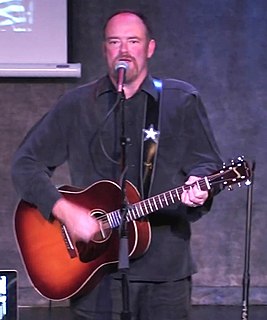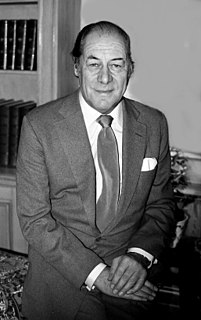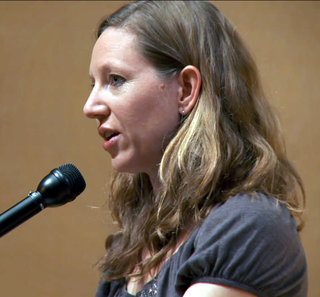A Quote by Jean-Jacques Rousseau
Ordinary readers, forgive my paradoxes: one must make them when one reflects; and whatever you may say, I prefer being a man with paradoxes than a man with prejudices.
Related Quotes
Much of the conventional analysis of India's stature in the world relies on the all-too-familiar economic assumptions. But we are famously a land of paradoxes, and one of those paradoxes is that so many speak about India as a great power of the 21st century when we are not yet able to feed, educate and employ all our people.
Higgins: I'm an ordinary man, who desires nothing more than just an ordinary chance, to live exactly as he likes, and do precisely what he wants. An average man am I, of no eccentric whim, Who likes to live his life, free of strife Doing whatever he thinks is best for him, Well, just an ordinary man
If abuses are destroyed, man must destroy them. If slaves are freed, man must free them. If new truths are discovered, man must discover them. If the naked are clothed; if the hungry are fed; if justice is done; if labor is rewarded; if superstition is driven from the mind; if the defenseless are protected, and if the right finally triumphs, all must be the work of man. The grand victories of the future must be won by man, and by man alone.
I think writing kind of burns out the flaming question. Sometimes it might feel like when you're living with certain paradoxes and they're unarticulated, you feel pressure to choose. I feel more comfortable living in the paradoxes that I've named and laid out, whereas when I started they might have felt like real agitations. At least I see them more clearly after having sketched them for myself and made a place to stand in relationship to them that felt okay enough to last through the course of a book.







































